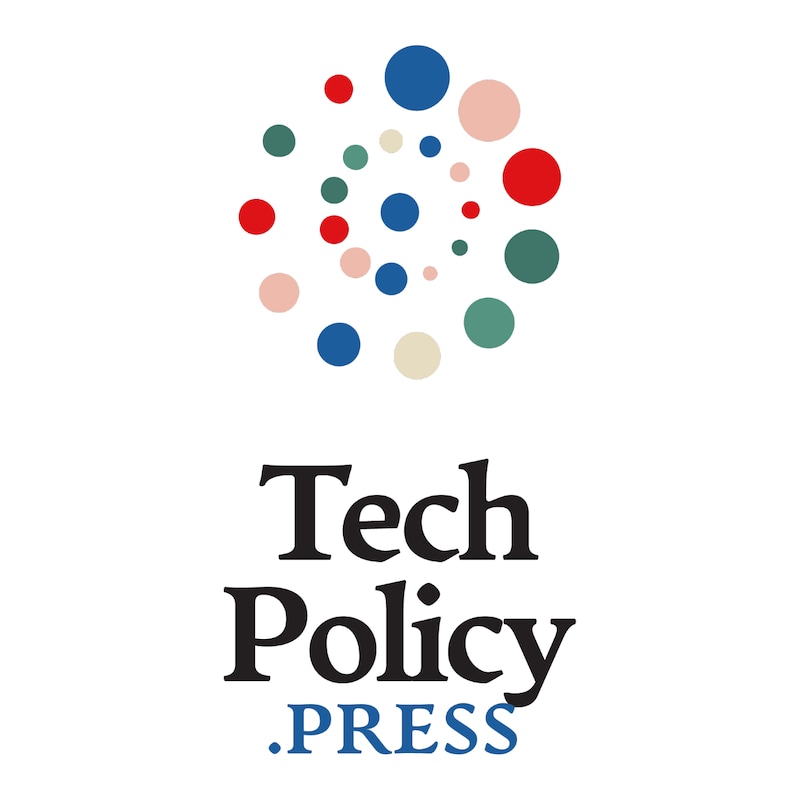Shownotes
The first interview is with Ryan Calo, professor at the University of Washington School of Law, founding co-director of the interdisciplinary UW Tech Policy Lab and the UW Center for an Informed Public. The interview took place shortly after the European Commission announced new proposed regulations on artificial intelligence.
The second conversation is with Kate Starbird and Renée Diresta. Kate Starbird is an Associate Professor in the Department of Human Centered Design & Engineering (HCDE) and Director of the Emerging Capacities of Mass Participation (emCOMP) Laboratory and a co-founder of the University of Washington's Center for an Informed Public, which formed in 2019 around a shared mission of resisting strategic misinformation, promoting an informed society, and strengthening democratic discourse. Renée DiResta is the Research Manager at the Stanford Internet Observatory. She investigates the spread of malign narratives across social networks, and assists policymakers in understanding and responding to the problem. She has advised Congress, the State Department, and other academic, civic, and business organizations, and has studied disinformation and computational propaganda in the context of pseudoscience conspiracies, terrorism, and state-sponsored information warfare.
The two were part of a unique collaboration to address disinformation in the 2020 US election cycle. Ahead of the vote, The Stanford Internet Observatory, the University of Washington’s Center for an Informed Public, The Atlantic Council’s Digital Forensic Research Lab (DFRLab) and the disinformation detection firm Graphika teamed up to create the Election Integrity Partnership. With the aim of defending the 2020 election against voting-related mis- and disinformation, the partnership sought to bridge the gap between government and civil society, and strengthen platform standards for combating election-related misinformation.





